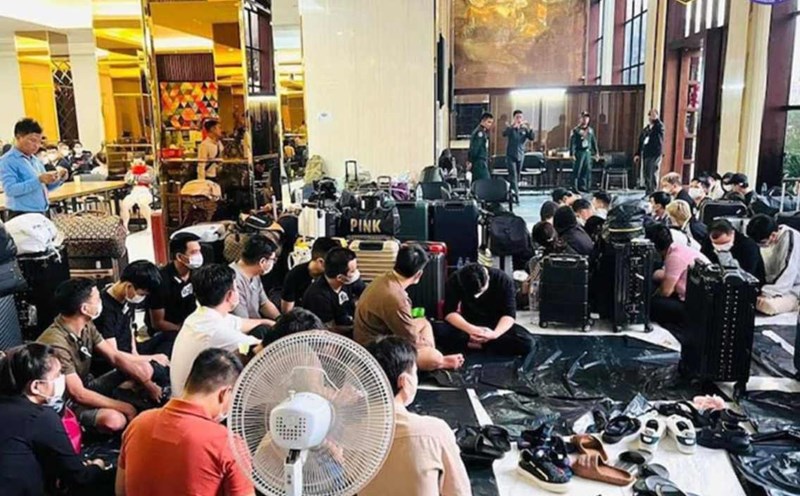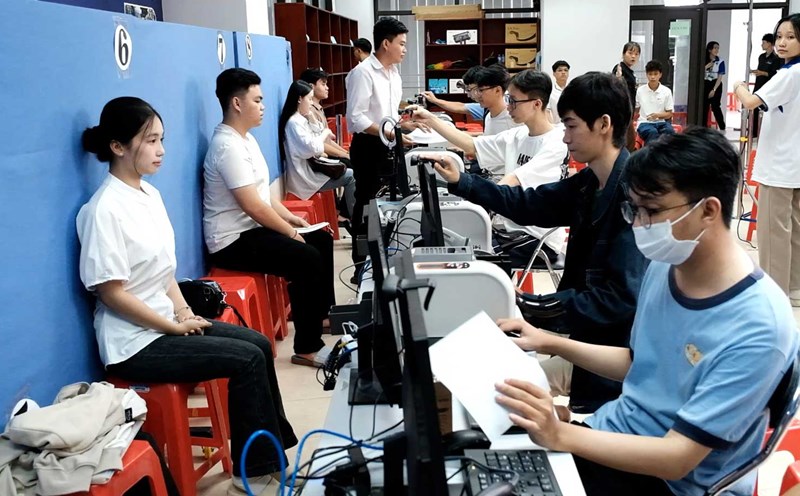Set up an app outside the official app store is one of Android's biggest advantages over iOS. However, this also comes with risks when new cyber attack threats appear.
We have seen how malware hid behind anonymous features to harm users by impersonating developers and using their brand images to create fake applications that look very similar to real.
The scale of this threat is significant: our recent analysis found that the number of malware from downloaded sources on the Internet is more than 50 times higher than that of apps available on Google Play.
To better protect users from bad guys spreading malware and scams, we are adding another layer of security to ensure safer app installation for everyone: developer verification, Googles app developer website shared.
Accordingly, from next year, Google will require all applications to be registered with verified developers so that users can install them on certified Android devices.
Google's "Developer Verification Requirements" was rolled out to apps in the Play Store in 2023, but starting next year, it will be rolled out to all settings. This will include third-party app stores and sideloading, a term referring to downloading an APK file and using it to install an application.
The goal of the request from Google is to verify the identity of the application developer and enhance security. The company compared the new measures to ID testing at airports, saying it will not review the apps themselves or the origin of the apps.
Developers can still distribute their apps through sideloading or alternative app stores, but they will need to verify their identities through the new Android Developer Console. After verifying their identity, they will need to register the package name and lock the application before users with a certified Android device can install them.
According to the plan, Google will test the new system from October 2025. In March 2026, Google will open a verification process for all application developers. The new feature will be first launched in Brazil, Indonesia, Singapore and Thailand in September 2026. From 2027 onwards, Google plans to expand its requests globally.











